Jets’ Sports Glide To the Top
DIS Athletic Director Lets the Secret Out
February 23, 2023
Small international schools in Korea suffer from a lack of sports prestige. Over the past decade of the school’s history, we worked hard to build a legacy and improve such an image. Fortunately, it seems we finally hit our stride. The athletic program improved as a result of fine-tuning infrastructure, increased tourney play, student leadership, and passionate guidance. I sat down with Mrs. Jolly to discuss the enhancements of DIS sports.
Participation in a New Sports Conference
Q: How did DIS start getting into KISAC (Korean International Schools Activities Conference) tournaments?
A: KISAC used to have a lot more teams than they have now, and they were looking for other teams to fill the spot so that they weren’t just playing against the same teams all the time. So, they started having invitational tournaments where they would invite teams from either Busan or us. We never went to them before because I wasn’t sure if our sports program was ready for that. But I had a really good team when you guys [current 11th and 12th graders] were in 7th and 8th grade – I was pretty confident that we could be successful. I didn’t know we would win it. That’s how we started. We have students that want to play more, they want more than 2 tournaments, and our team is getting stronger, and as students are getting more committed to sports, they’re attending all the practices. We started looking for other ways to have more events, and KISAC just wanted us to join.
Q: How do you feel about DIS being invited to KISAC?
A: I like it. It’s interesting because I feel like in SKAC (South Korean Activities Conference), we’re one of the “big boys”, but in KISAC we’re babies. When I talked to the athletic director, he asked, “Well, if you join KISAC, what can you host?” and I thought, “I don’t know what we can host.” We could possibly host cross country because we have a good track, but how would KISAC volleyball players feel about playing on an outdoor court? I said, “We have two courts in the gym,” and he said, “Well, can you jump serve?” and I said, “Um, no.” He was talking about all their facilities, that they have a whole track, and all these other things, and I feel like we don’t just don’t have that.
Q: Do you think KISAC helps improve our skills?
A: Absolutely! For example, when we went down to Jeju for the volleyball tournament [in 2018], had we not attended, there was a chance that we wouldn’t have won SKAC because it gave us that extra boost. Mr. Jolly took the middle school girls’ futsal team to KISAC and they ended up doing well in SKAC because of that extra tournament. Also, those are two-day tournaments, so it just gives you even more of a chance to play, get better, and improve; and you’re playing against different people, it’s not just the same teams all the time, so I think it definitely helps improve our skills.
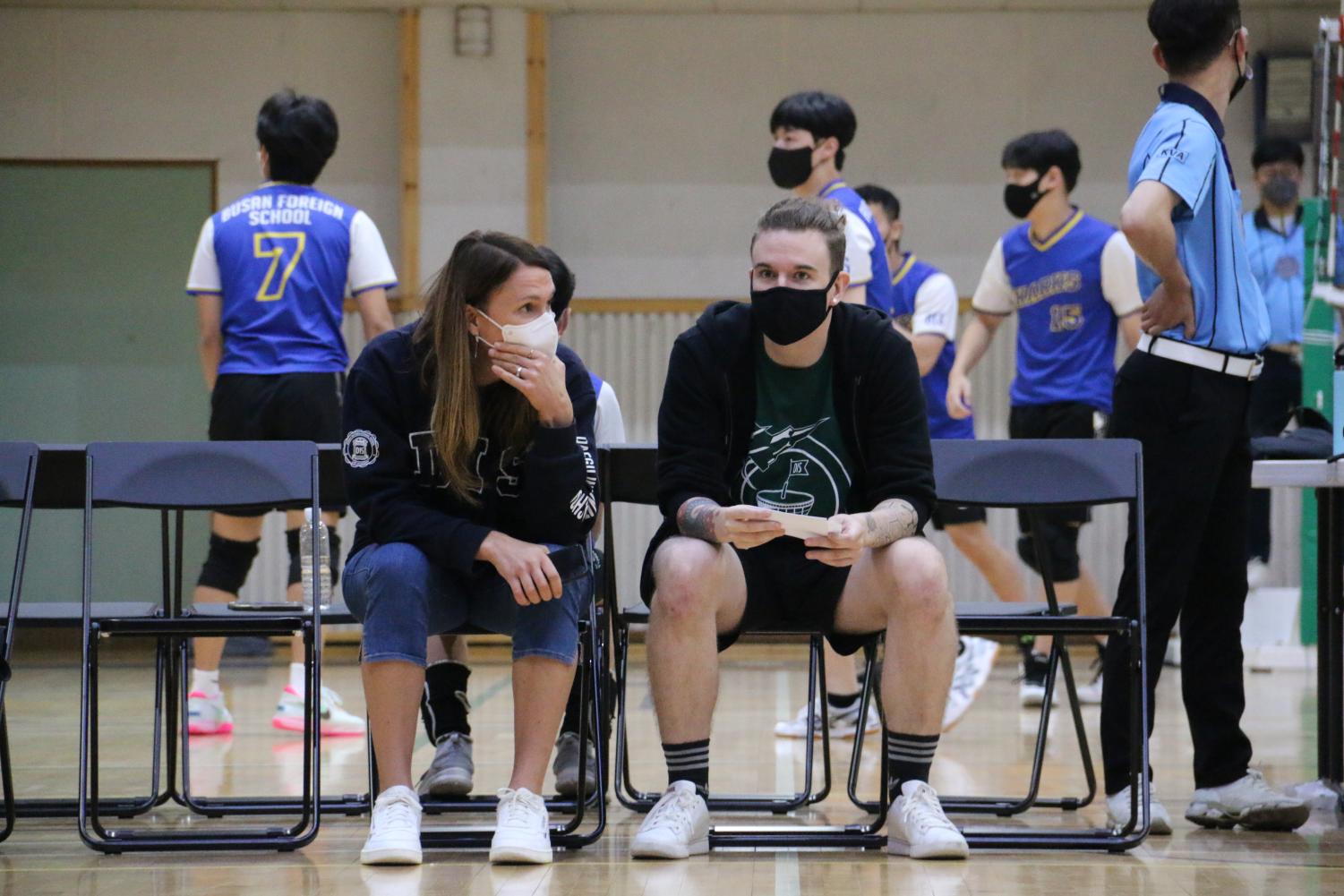
Q: How is KISAC different from SKAC?
A: KISAC has a lot more regulations in terms of having a tournament fee that you have to pay. Of course, flying to Jeju is different than just riding a bus. We would stay over, and all the tournaments have medals and trophies at the end. There’s a JV (Junior Varsity) tournament and a varsity tournament, and all teams have to stay until the end for the awards ceremony.
Q: I heard the high school teams are going to KISAC in February. Could you go in depth about that?
A: We were invited to the basketball tournament there, so both the boys’ and girls’ team will go down to Jeju together. They’re at two different schools, but they will stay at the same hotel along with Mr. Kaschub and Mr. Park, and probably myself because they will need a female chaperone as well. High school volleyball will go, and then Middle school volleyball the next weekend, so I’ll be going to Jeju two weekends in a row. Mr. Bergan will take the girls’ team to Busan.
Extra Practices
Q: Why are we having after-ASA practices?
A: There’s a conflict in the gym and we had this issue for years. We tried a bunch of different things. Right now, we have Korean Studies on Wednesdays which is also for teacher meetings, so that eliminates one of our ASA days. This puts high school and middle school sports on Mondays and Fridays. For the second season, there’s a conflict because middle school volleyball and high school basketball are on the same day. I can’t change middle school volleyball to Tuesday and Thursday, because we already have all the academic ASAs like MUN, Jets Flyover, and the rock bands, so that would mess it all up. Also, elementary volleyball is in the gym at that time.
So, two years ago we did it the way we’re doing it now, and last year I thought, “Well, let’s see if we can fix that.” What we did was that we had high school use the gym, and middle school would go outside on Monday, then we would swap on Friday. But that’s cold and it is awful to play volleyball in January outside with freezing hands, so we went back to the system we use now. It’s not great because students that take the bus pay for it, and they have to find their own way home. It’s not the best system, so I’m asking for another gym, but I won’t get it.
Q: Are these practices efficient?
A: Well, I think so. The only thing is, if a student has another ASA that they really want to join on a Monday or Friday, that’s great because they can join that, and then, I can go to their practice. Some students don’t have that, so then they could go do homework or hang out with their friends, and there haven’t been any problems with their behavior. I think the practices are more efficient than if we had all of the high school teams crammed in the gym and middle school outside.
Student Leadership
Q: How do you feel about player leadership?
A: I think that our leadership has really started to improve. I think we’ve got students, especially in our senior class, who have been excellent role models for the students coming up from grades 9, 10, and 11. I think they are a very strong group of leaders and they worked their way up. They’ve been really proactive in our school so, again, they’ve been really good role models for our juniors, sophomores, and freshman. And I think because the seniors are going to leave, we’ve got people that can replace them. The biggest thing is that students are becoming more committed, which helps, too.
Q: So far, who do you think had great leadership this year?
A: Well, I coach the girl’s volleyball team, and Sarah and Lisa were definitely my strong leaders. I think it’s hard because we had a player like Minori, and in Korea, there’s an age thing (선배 후배 문화) that makes it really tricky [to avoid potential conflict across grade levels]. I never really got to see the boys play, but I would pick Ricky because he is naturally our leader in SAAC (Student Athletic Advisory Committee). But I haven’t watched the high school boys play, so I can’t really say. I’m also coaching the middle school boys’ volleyball team and I would say the leader would be Bryan – or I should say I want Bryan to be one – I want him to be more of a leader. I would also say that Haydn and Justin are also leaders.
Q: Speaking of SAAC, what does the club usually do?
A: When we host tournaments, SAAC students help keep score, set up for games, referee, coach teams (especially when there are multiple teams), and run events like elementary and middle school sports camps. We’ve also done hot dog sales in the past, and we helped distribute the DIS hoodies we have now. So, I think we are a pretty big and busy group within the school.
Intramural Games
Q: Could you explain what intramural games are?
A: Intramural games are for any student that wants to play. They might be someone that is interested in playing volleyball but didn’t actually play on the team or someone that used to be on the team. The school’s plan is to set up house games: So we would have 4 different houses and distribute all the students into each one, and it’s to set up a sense of camaraderie among the students. Due to COVID and the separation we had, I feel like students have forgotten how to socialize, and I think house games can help build teamwork and sportsmanship among multiple grades.
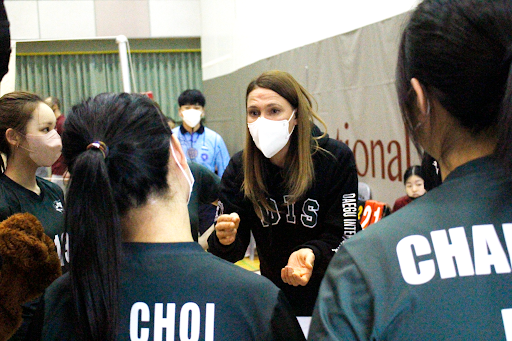
New Sports
Q: Could you provide us with any information on new activities within the school? Badminton? Tennis? Ping pong? And chess? Any New leagues?
A: Speech and debate is an activity we’re bringing back, we’re going to have a chess tournament that we’re hosting as well, and we’re also hosting a racket sports tournament (tennis, badminton, and ping pong). I’m not sure how that’s going to go, but we’ll do our best.
Q: Why did we decide to hold these new competitions?
A: I think that there are athletes or other competitors in our school that don’t get a chance to go and show their skillset because we were so limited to just cross country, futsal, basketball, and volleyball. I think that this just allows students to show their different skill sets and share what they can do with others who have similar interests.
Campus Upgrades
Q: Why did we build new fields and courts?
A: The field on the top of the ECC, for years, has been crumbling away. It was getting really dangerous and unusable, so every time we had a high school girls’ futsal practice we would have to rent a field and drive out there. Then, we saw that there was money in the budget and Mr. Jolly said, “Let’s just make a really nice field.” The purpose of the two fields [the previous soccer field] is that it’s just – better! It’s better for the P.E. classes, recess, and it just looks better overall.
New opportunities, equipment, and infrastructure at DIS continue to improve under the dedication of students and staff. For the Jets, the sky’s the limit.

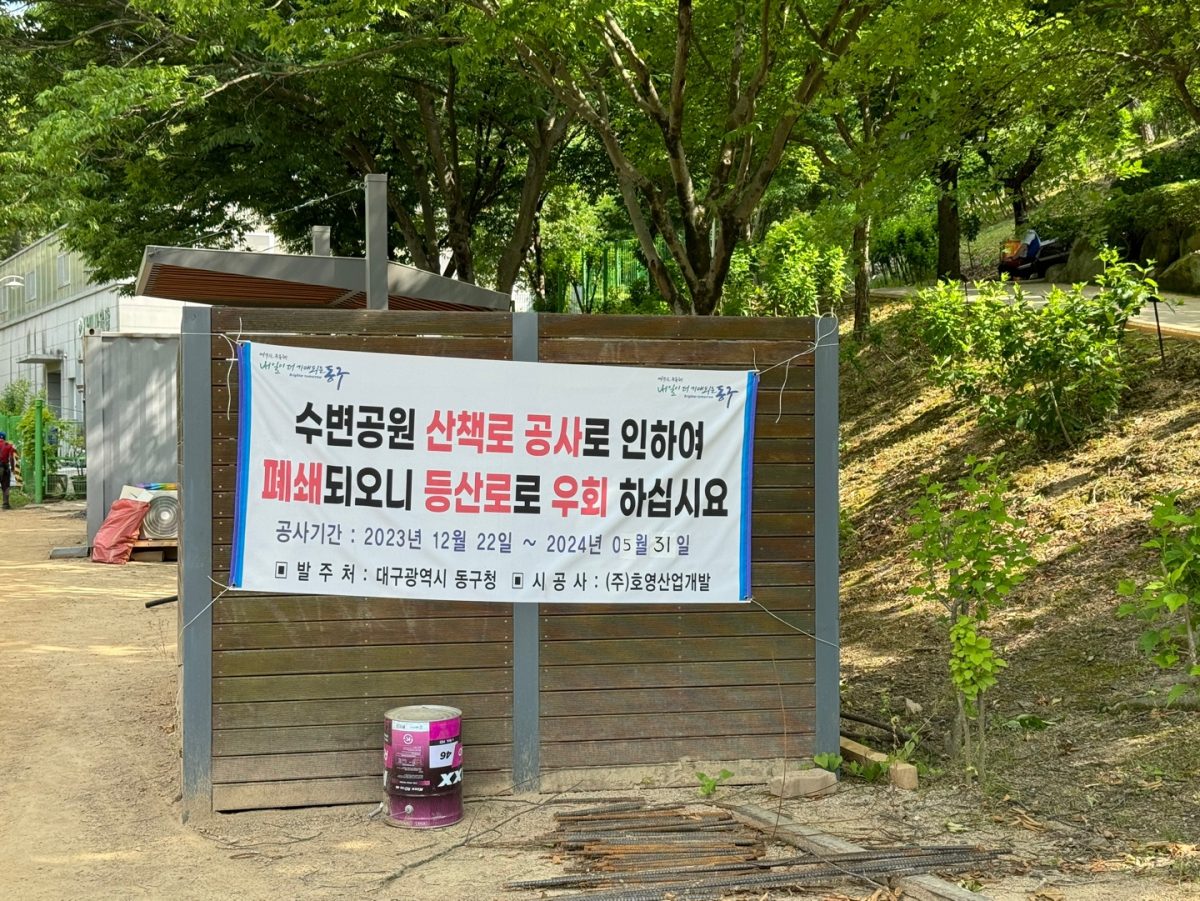
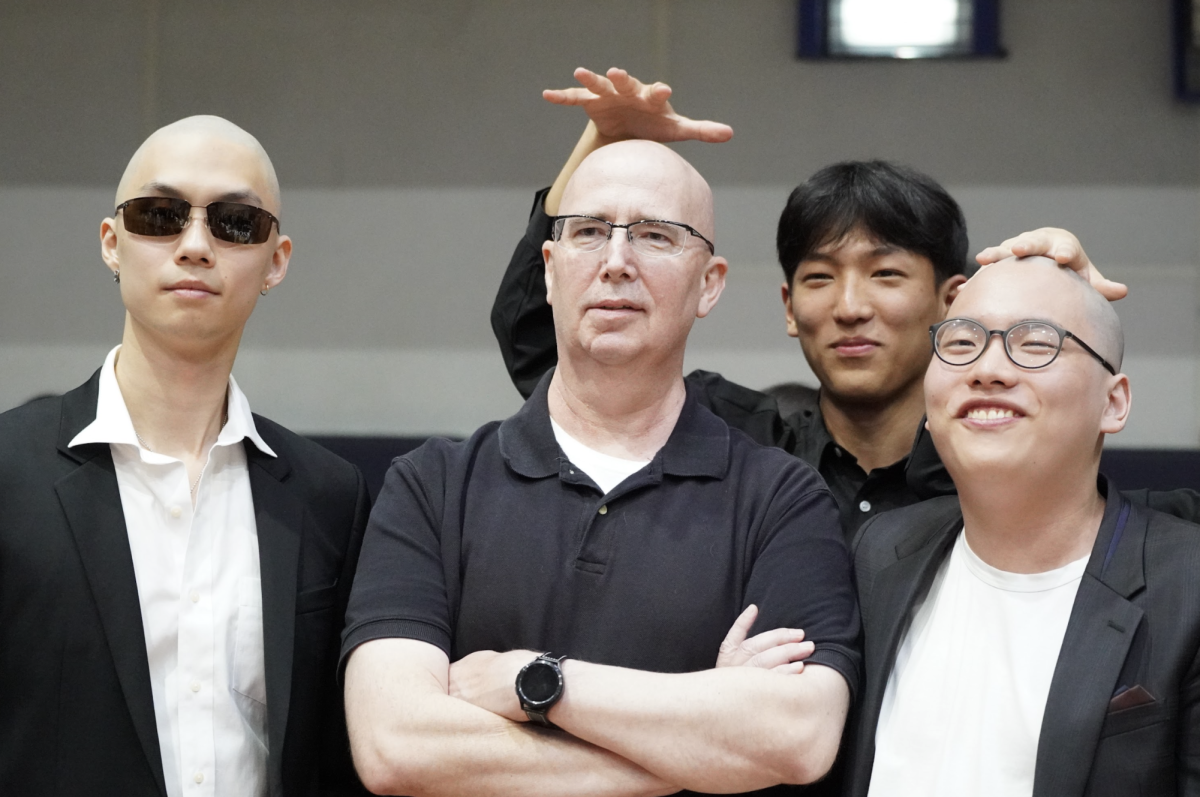
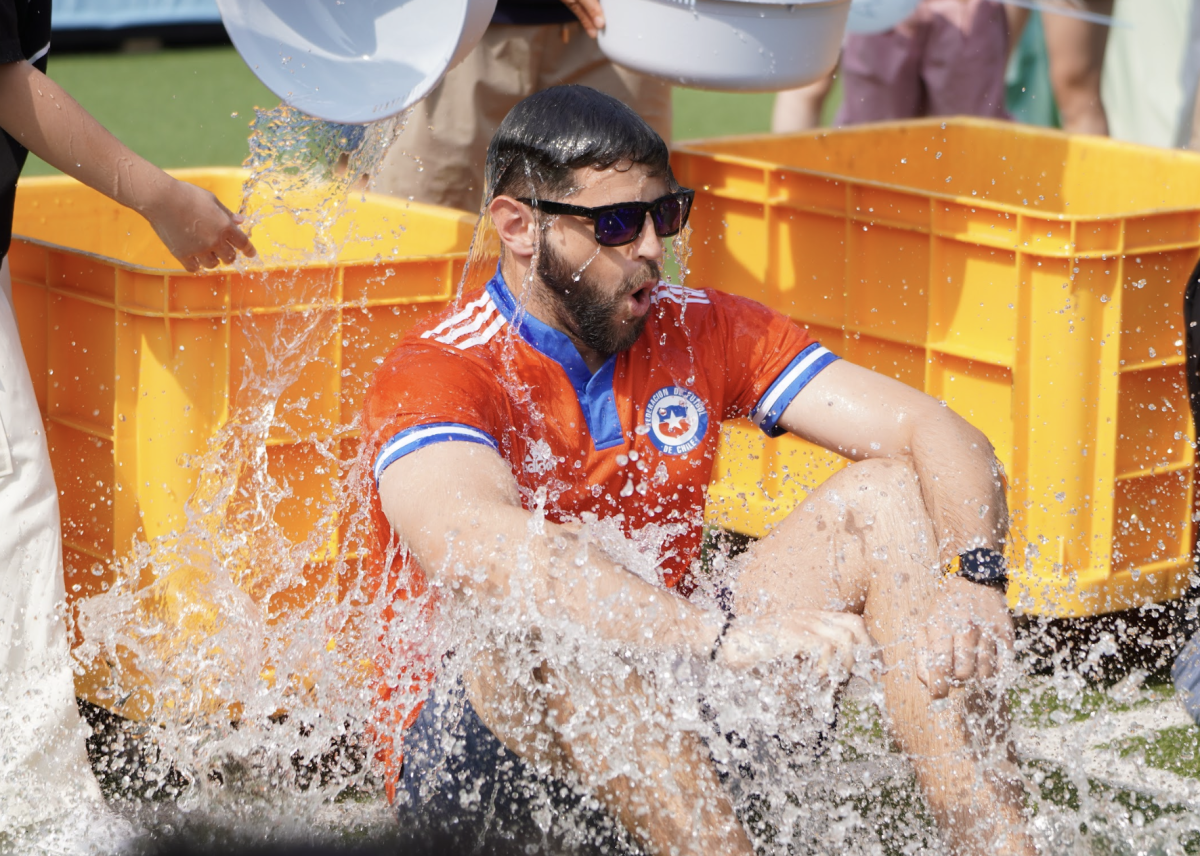



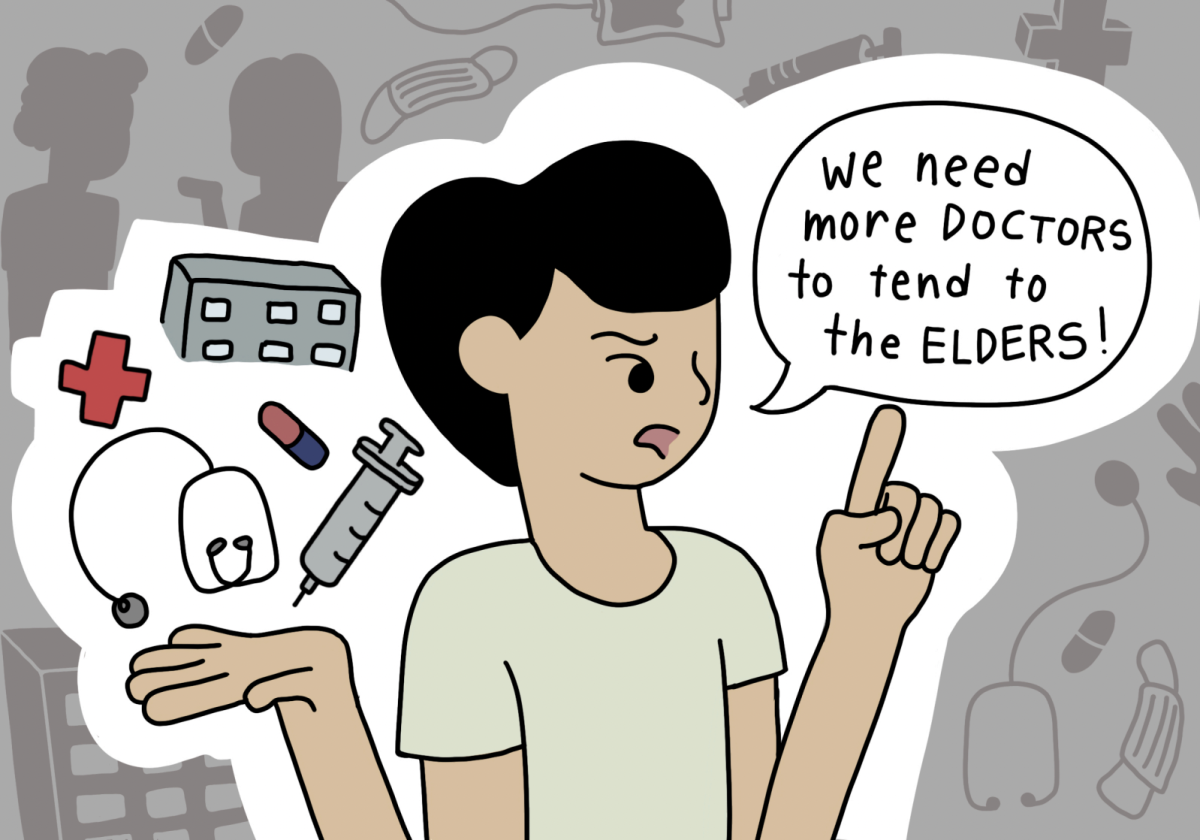
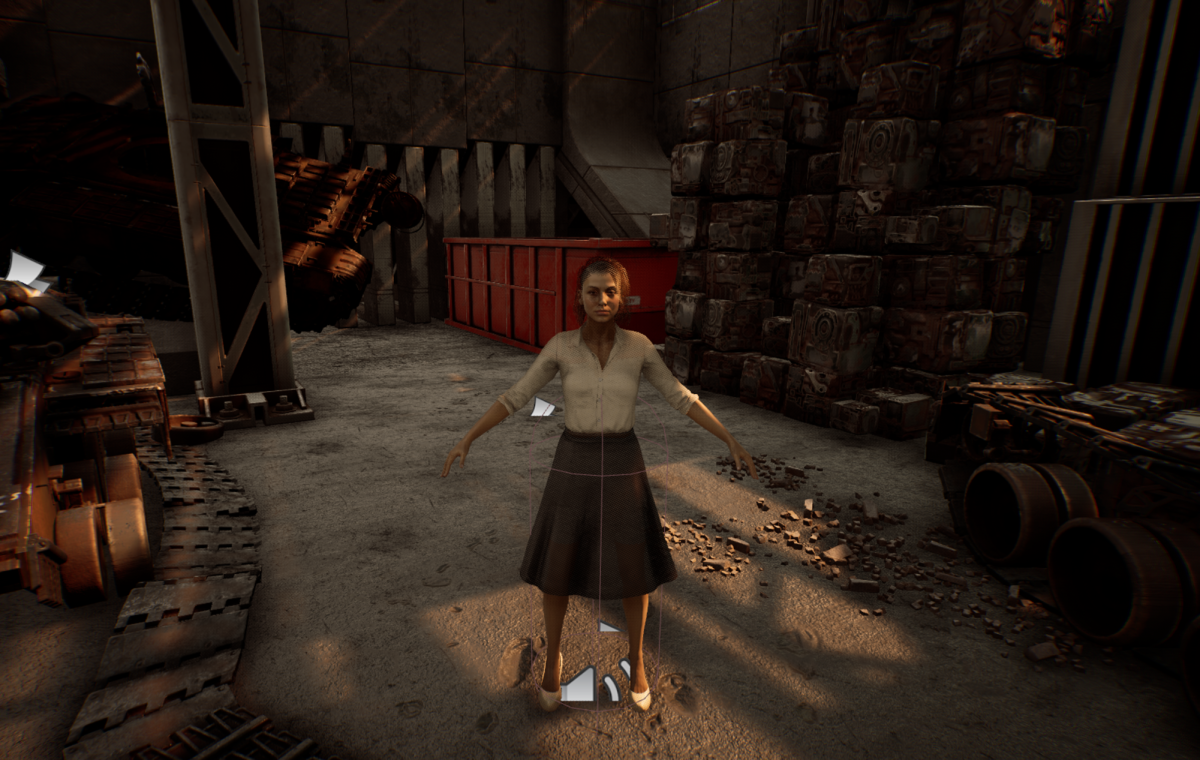

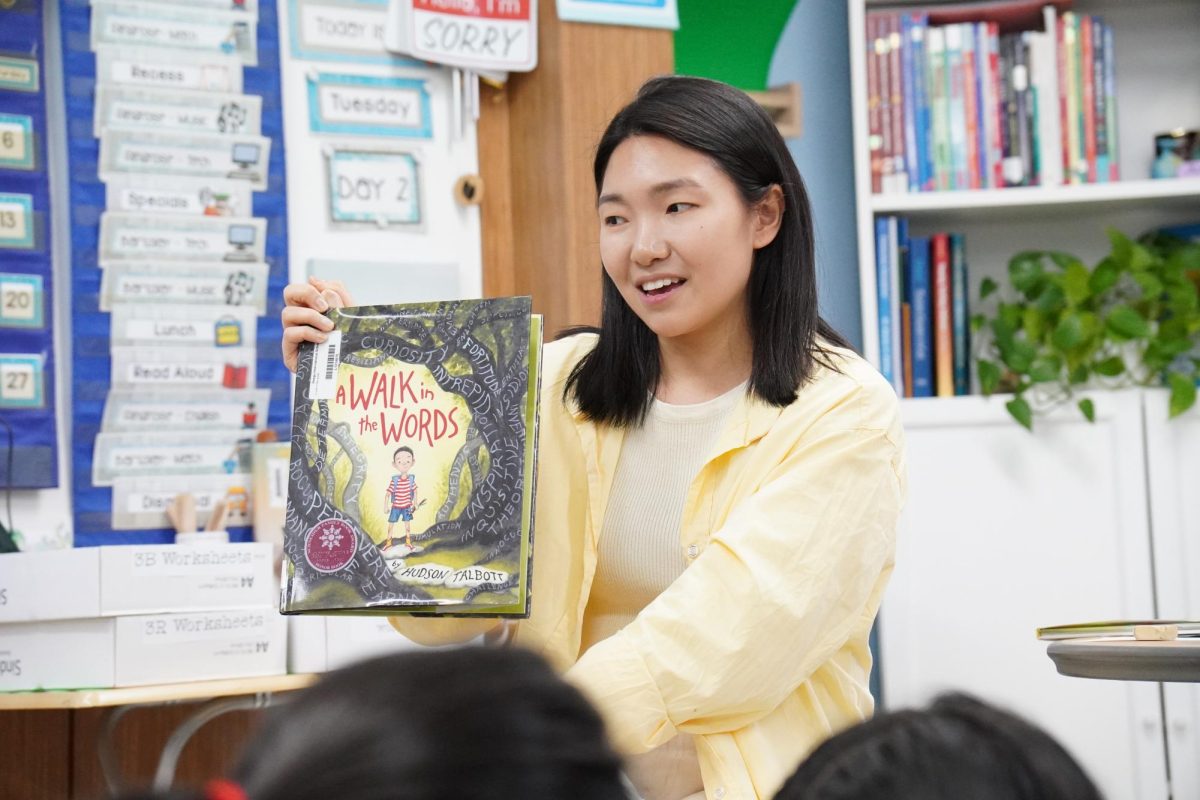

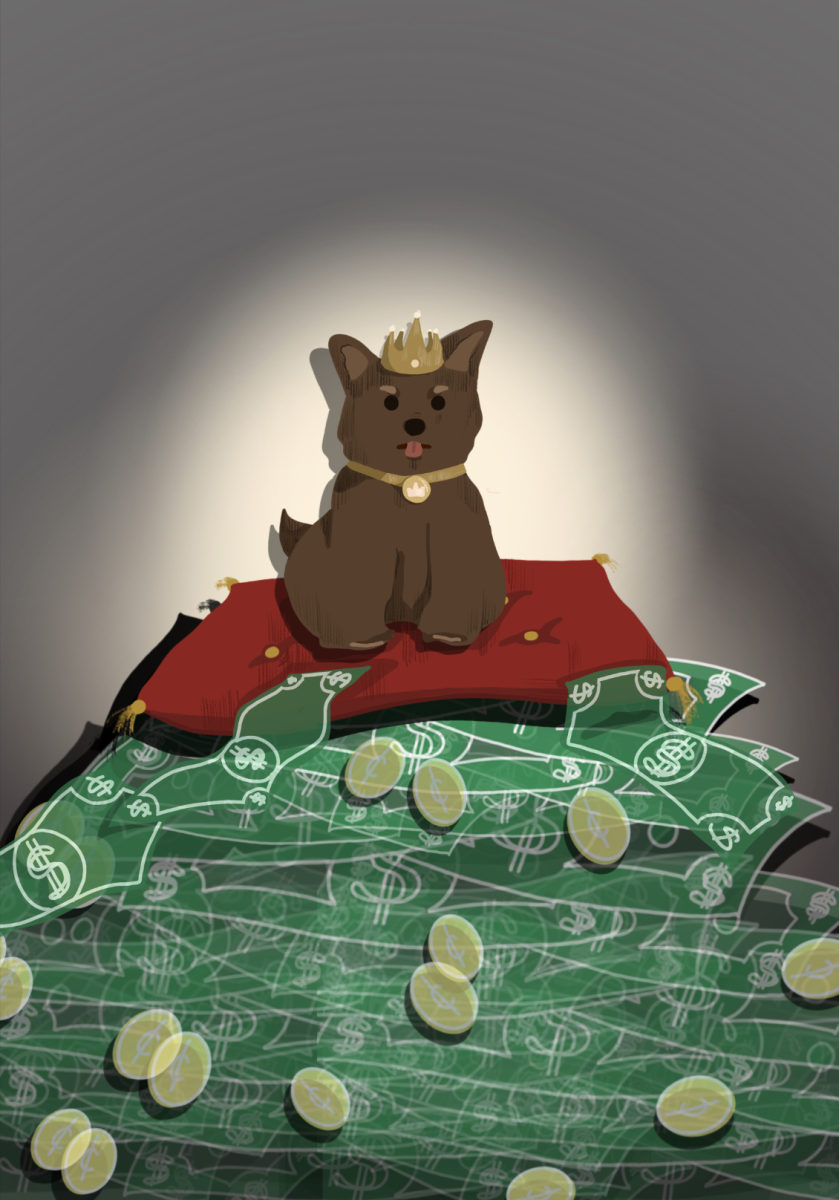


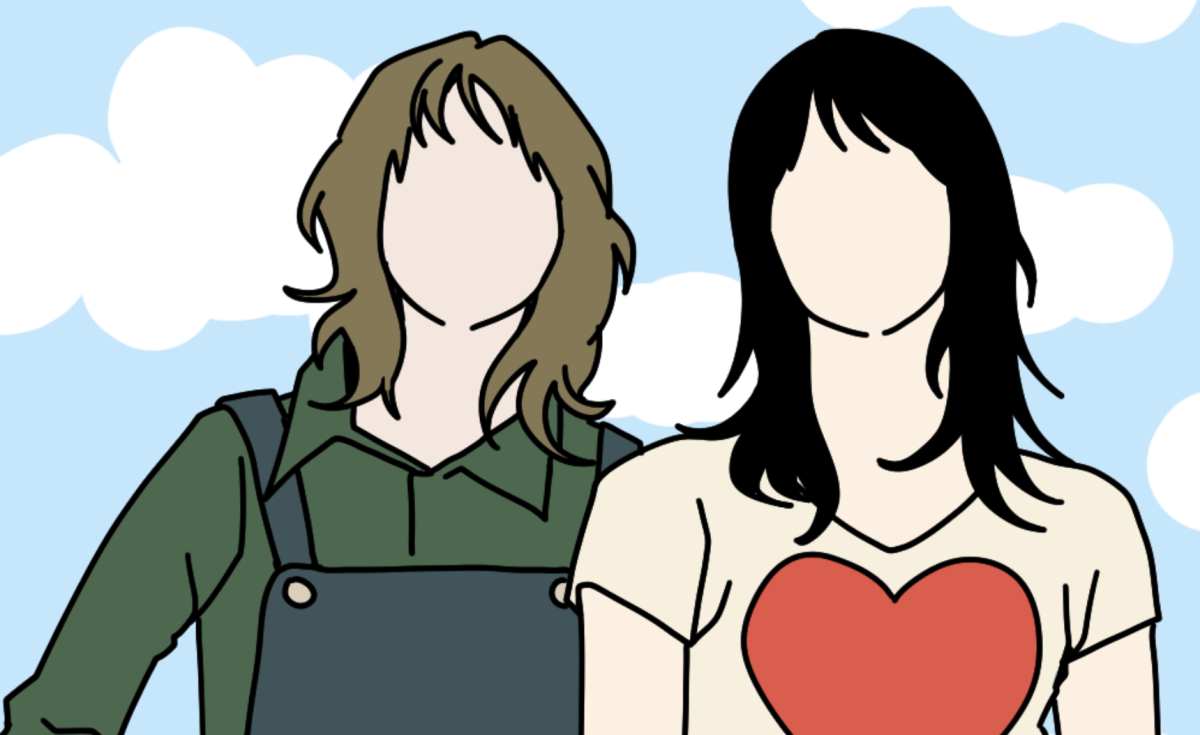

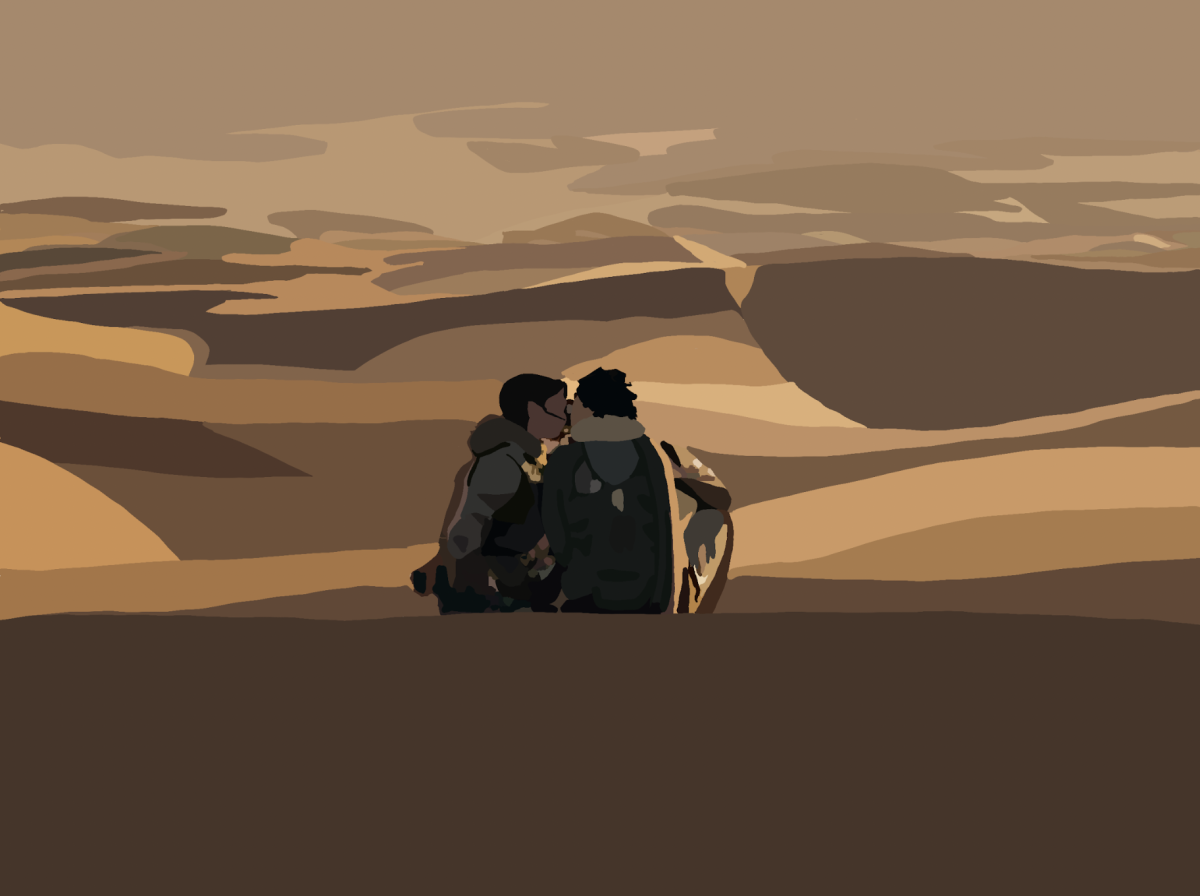




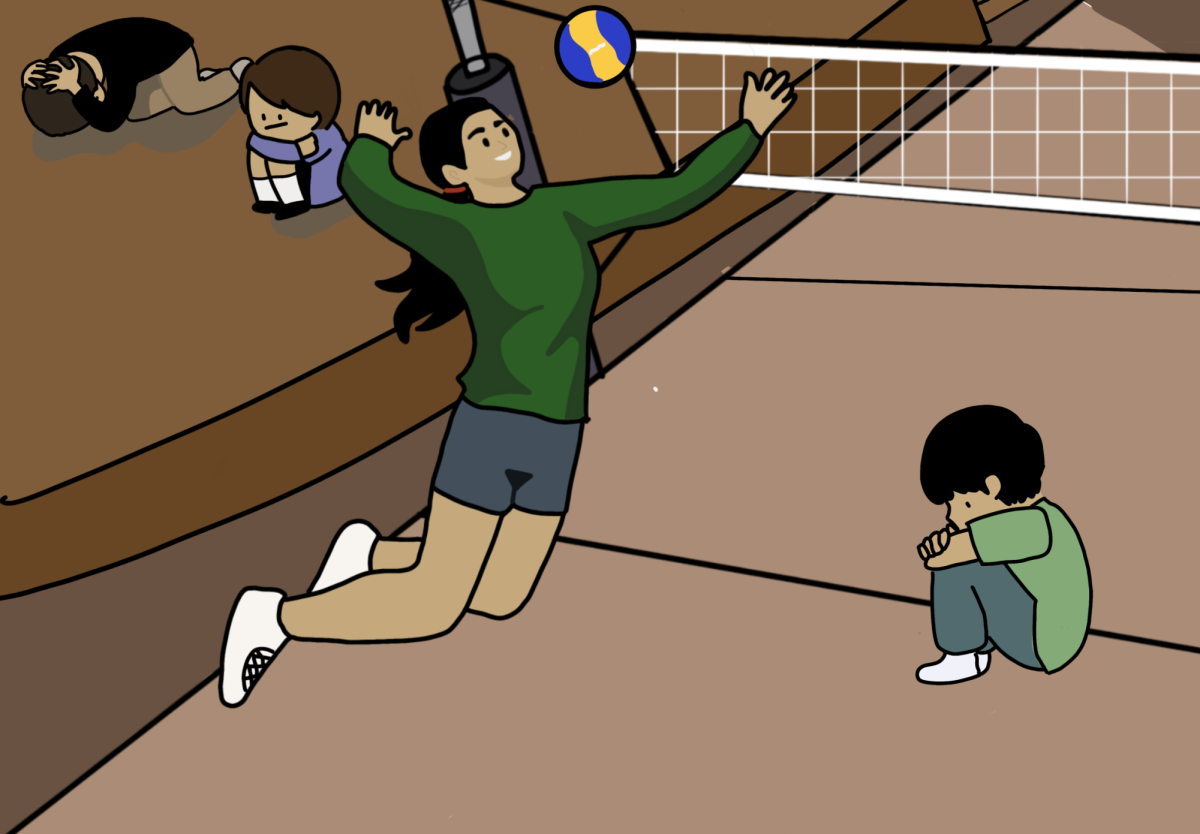
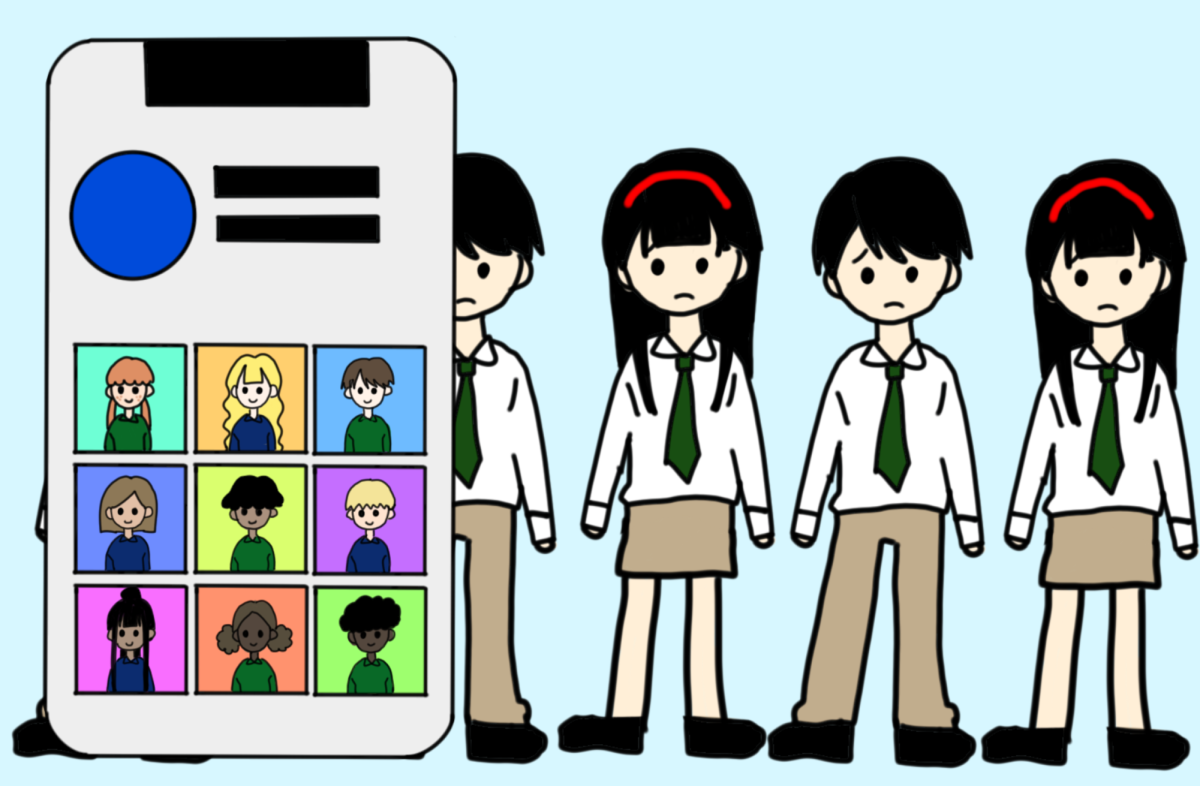
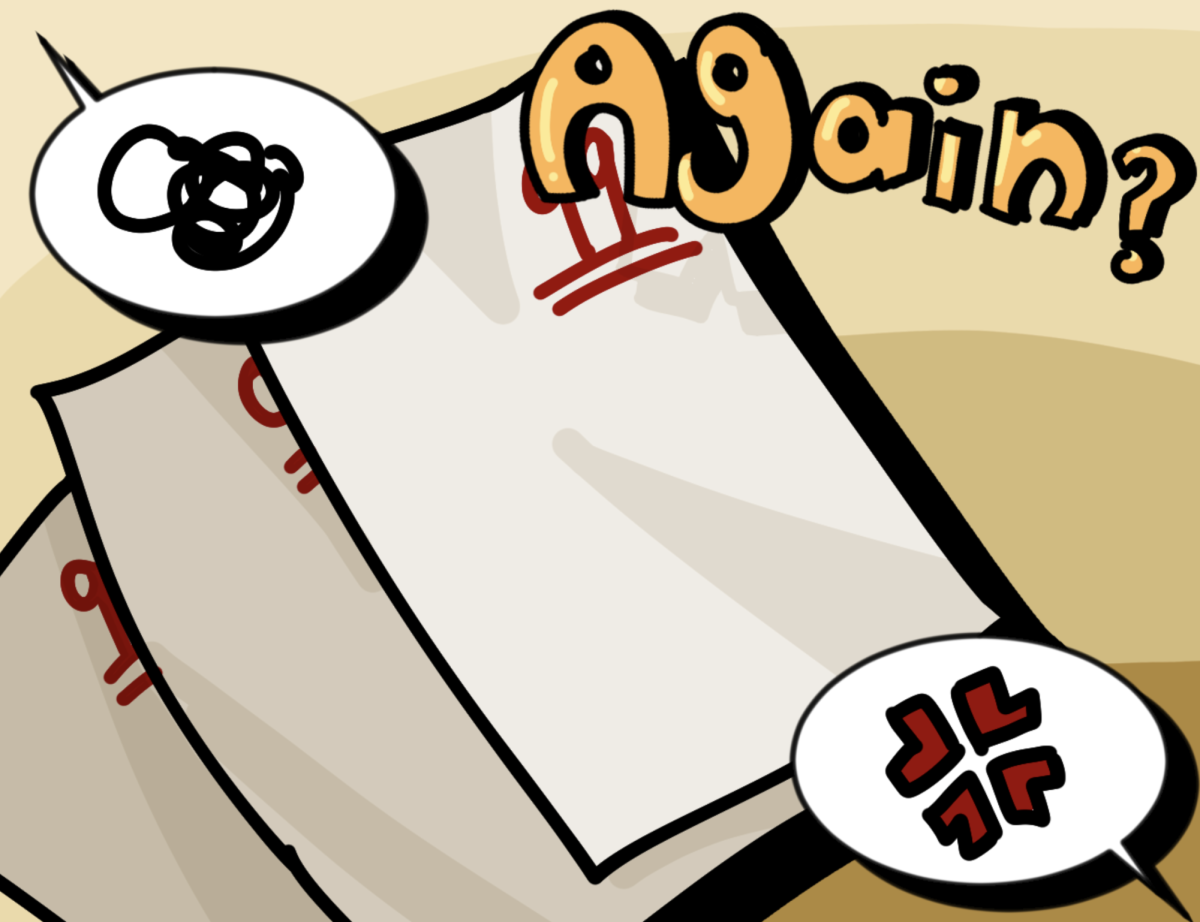
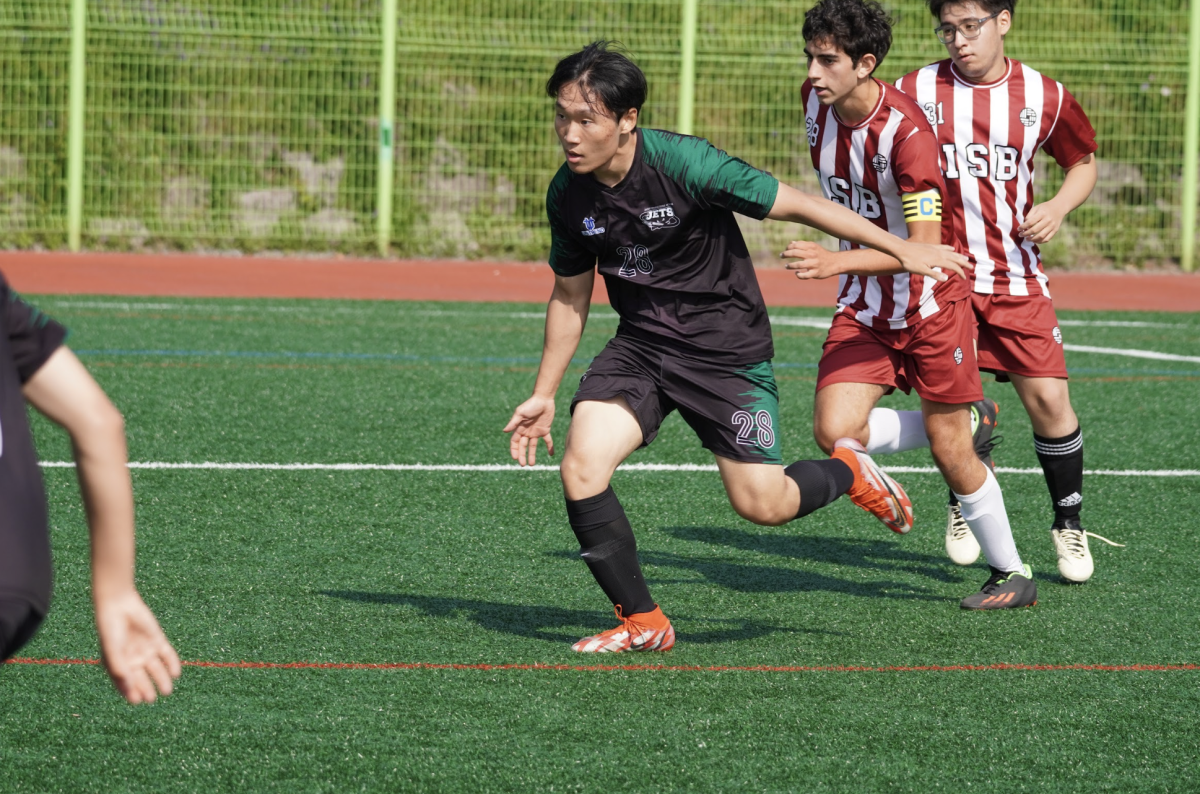
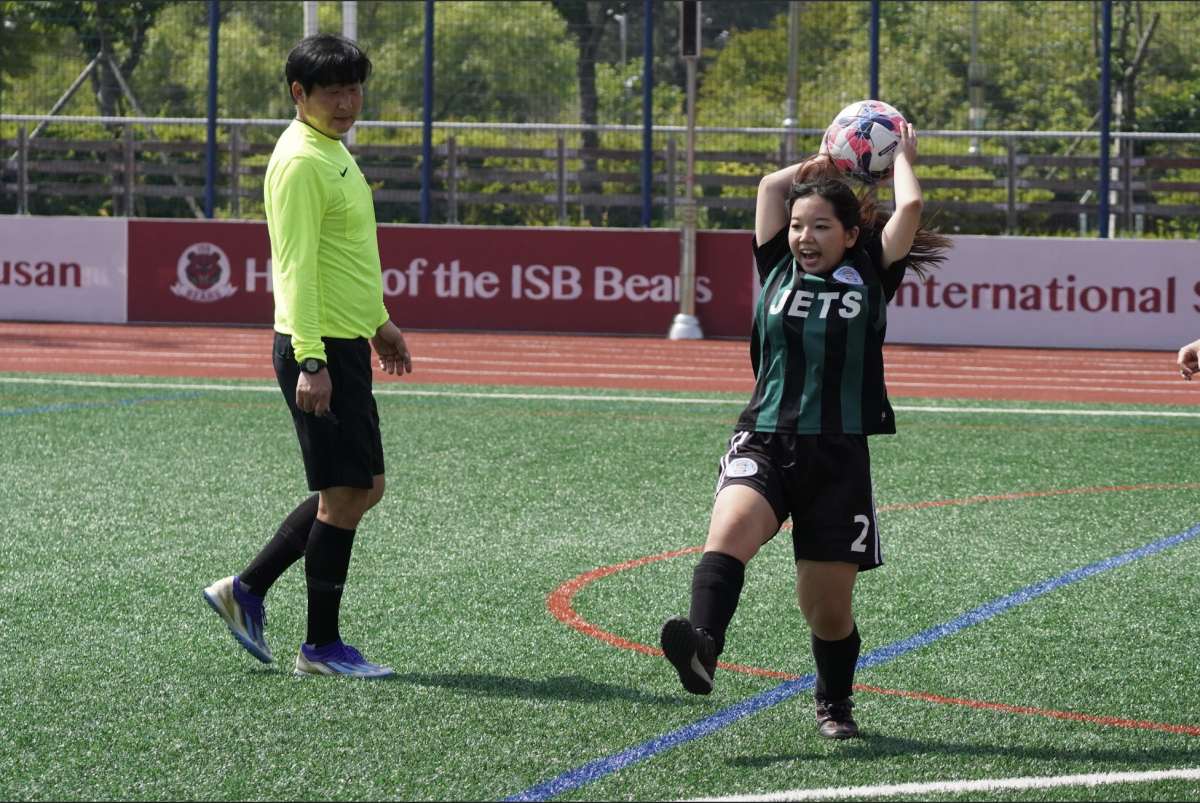
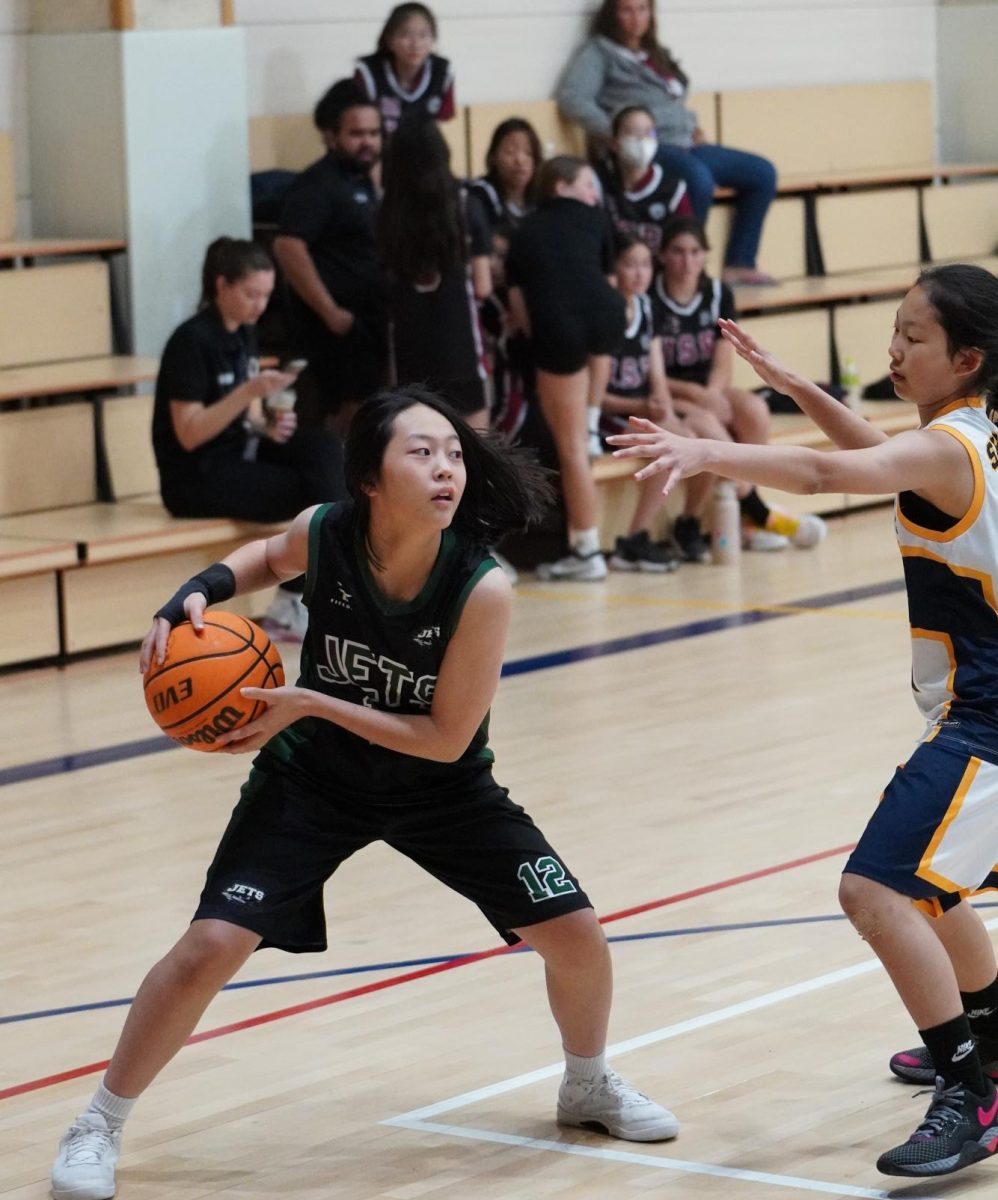
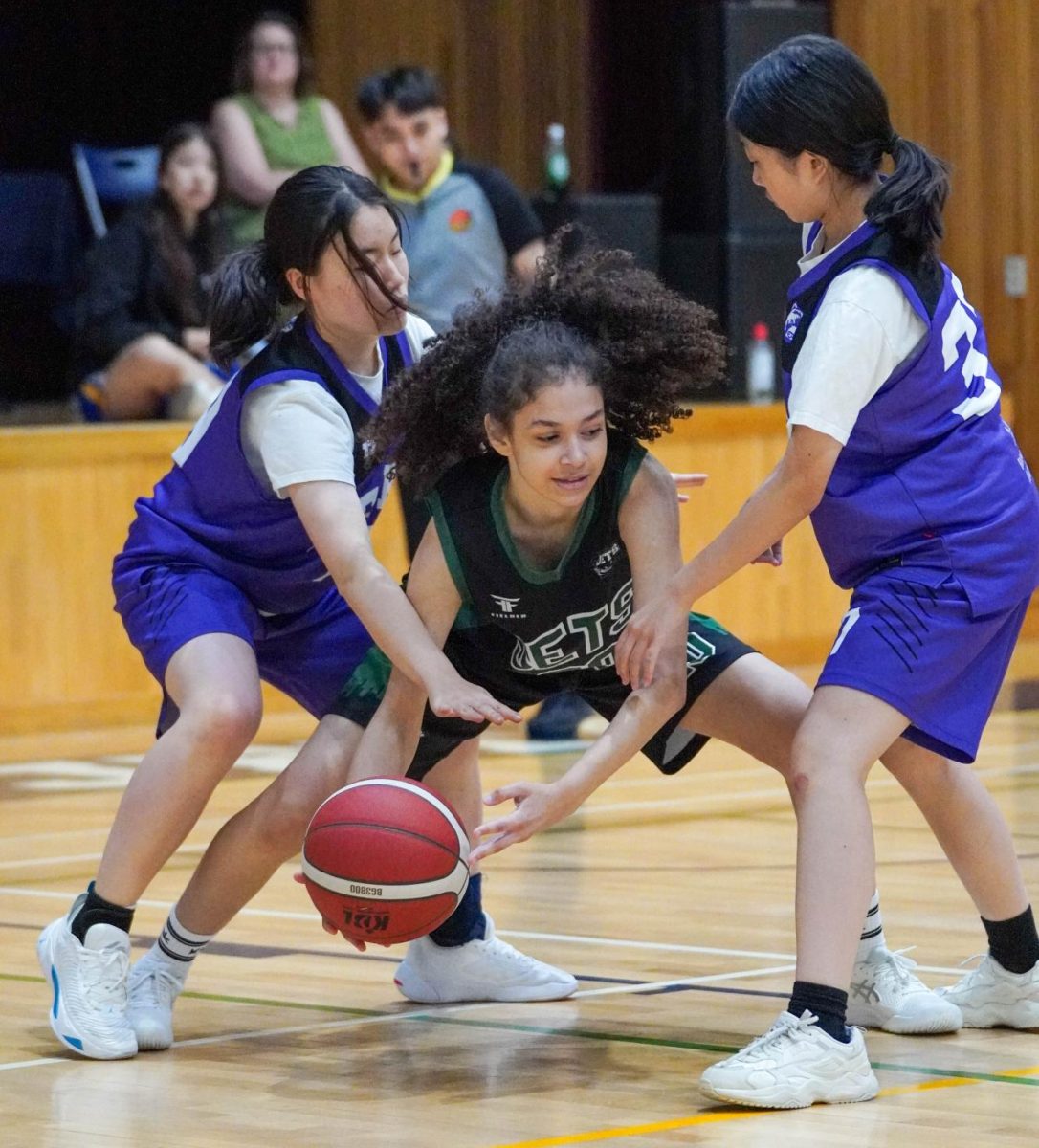

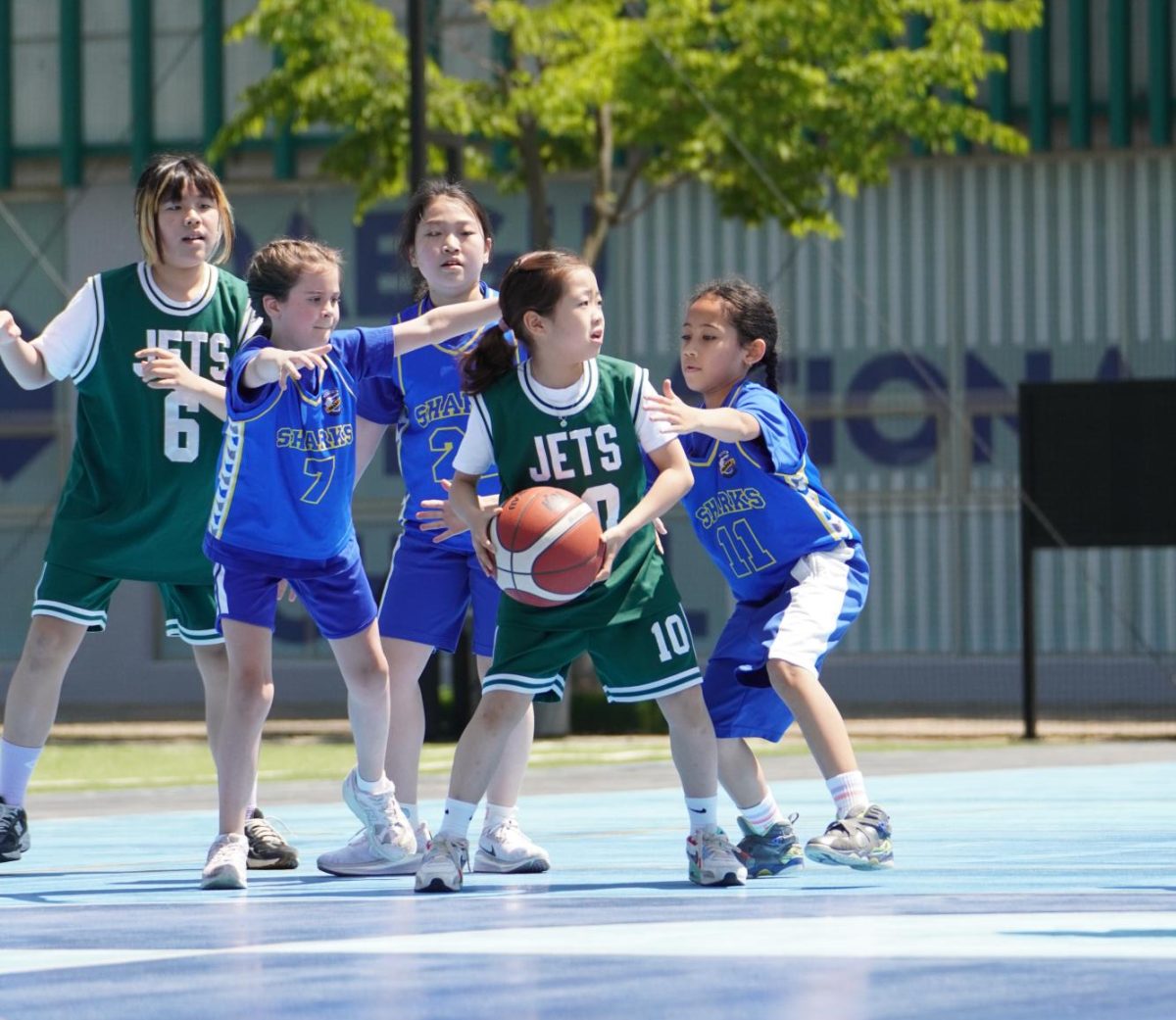
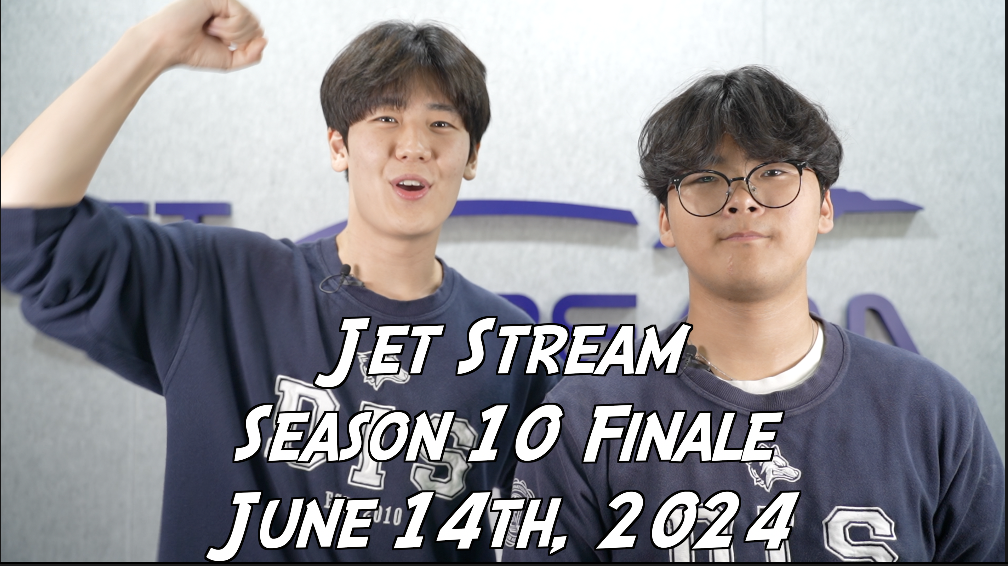
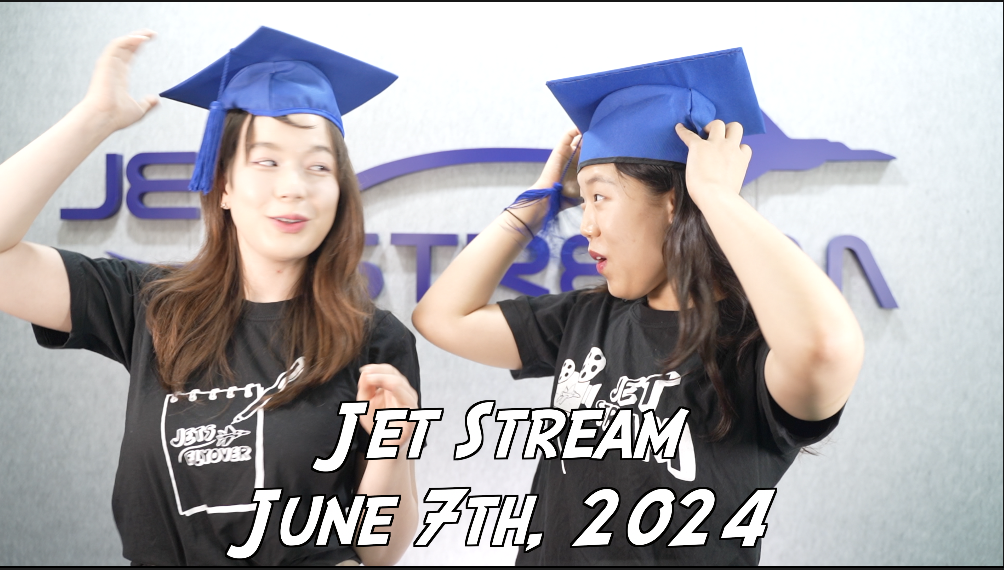
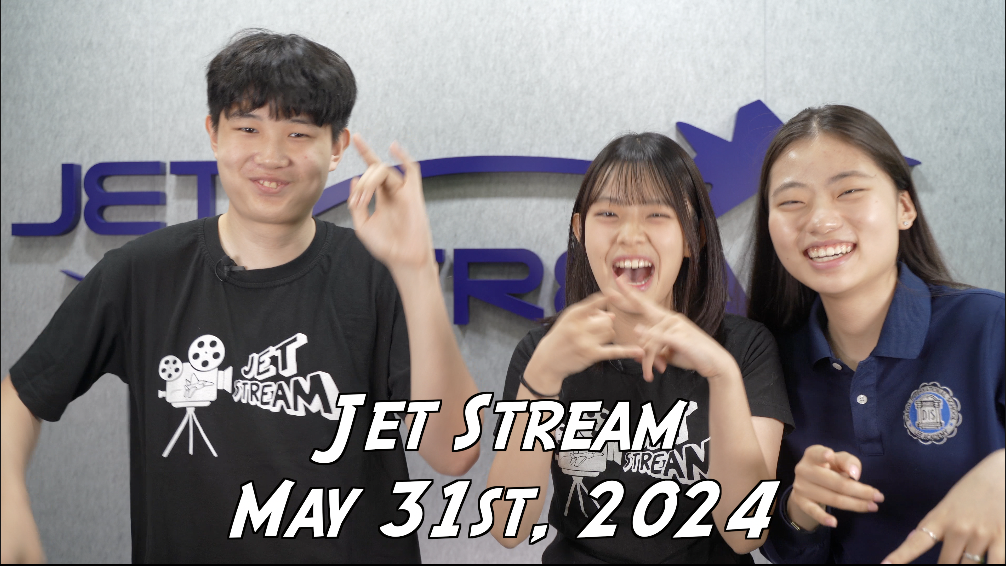


![[Podcast] Bet on Bonnie Episode 2: Sophie Lee](https://jetsflyover.com/wp-content/uploads/2024/05/jbspodcasts-1200x951.png)
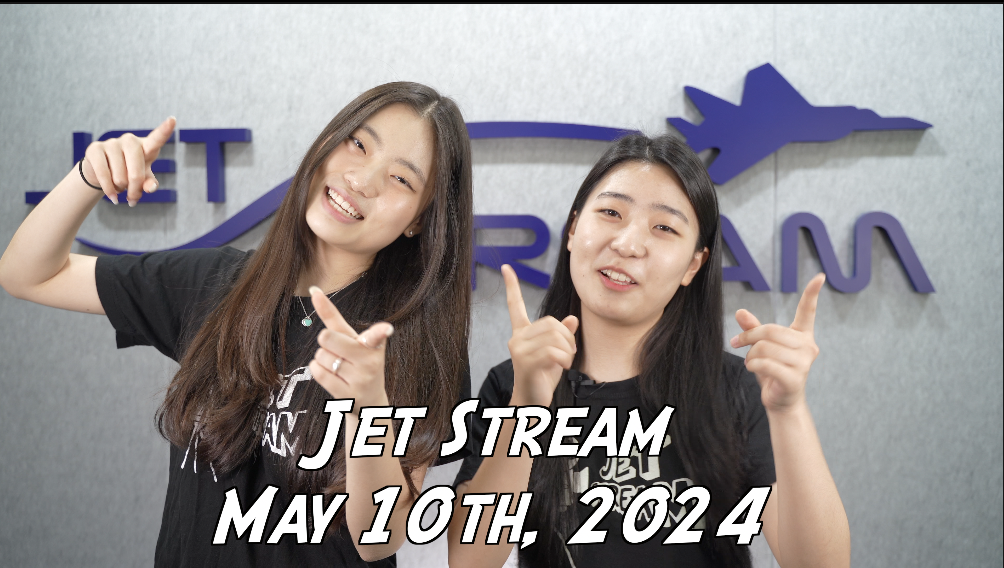
![[Podcast] Jets Jukebox Episode 1: Bleachers, Self-Titled](https://jetsflyover.com/wp-content/uploads/2024/04/Jets-Jukebox-LOGO-1-1200x1200.png)
![[Podcast] Eco-Lution Episode 3: Freshmen explore alternatives to paper straws](https://jetsflyover.com/wp-content/uploads/2024/03/Ecolution_Podcast_Logo-1200x1200.png)
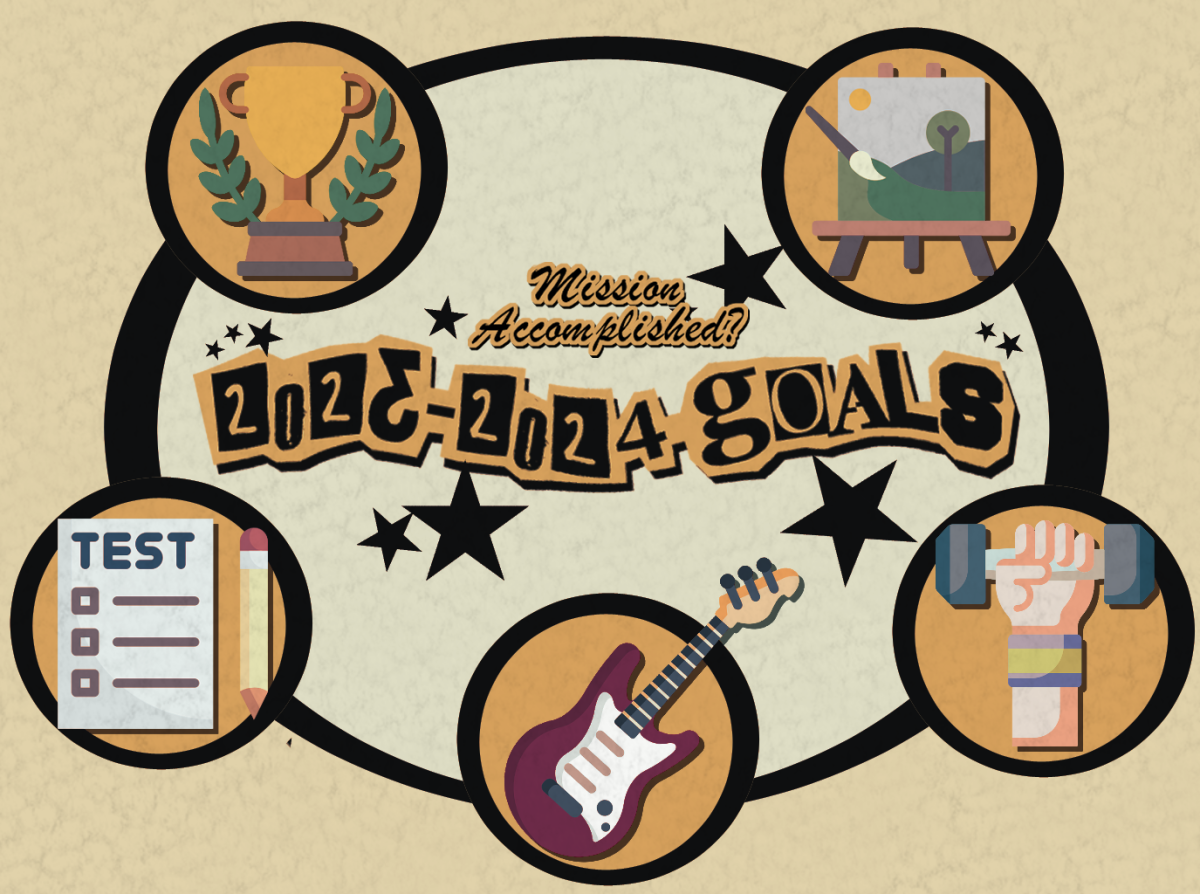
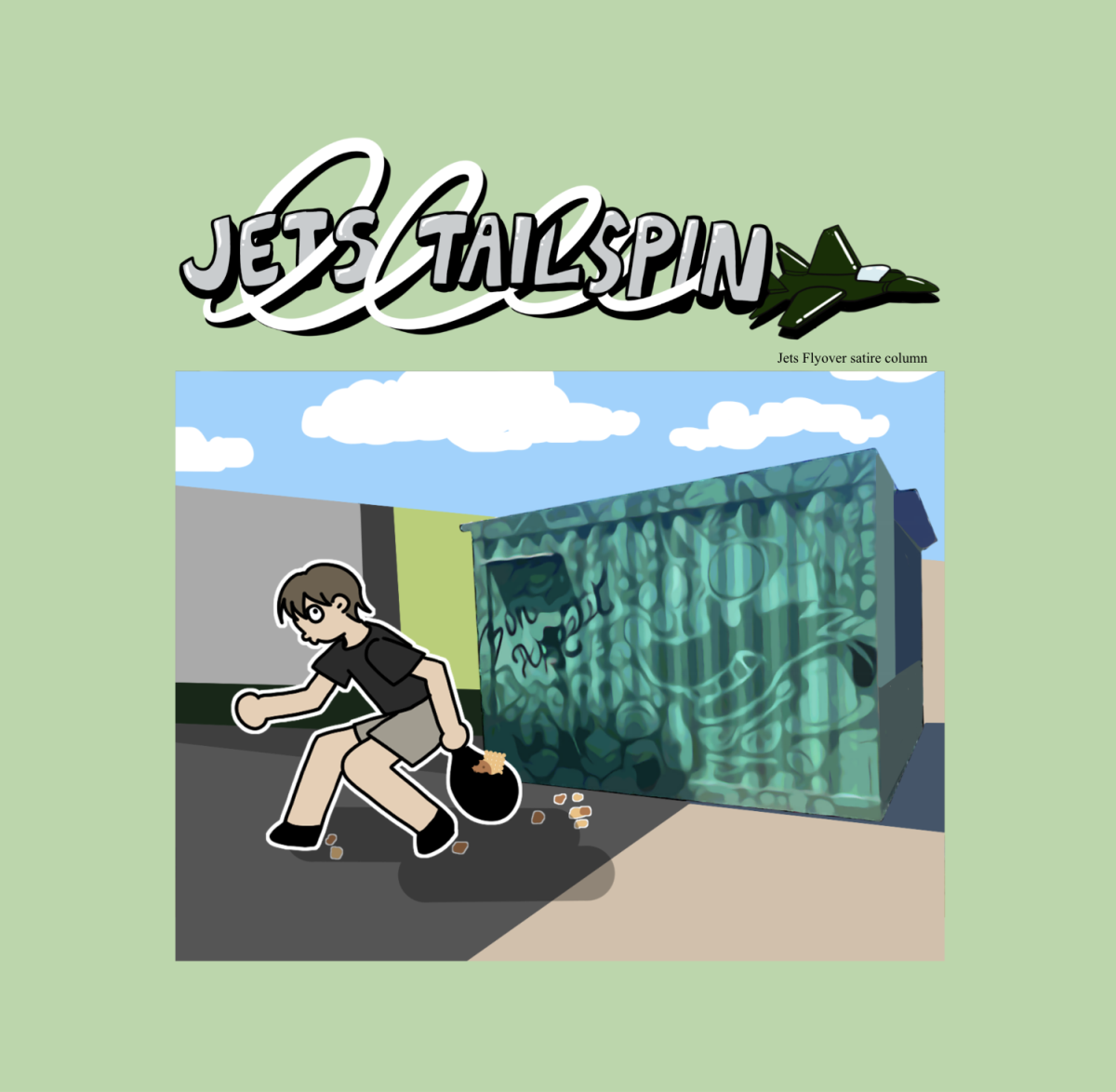

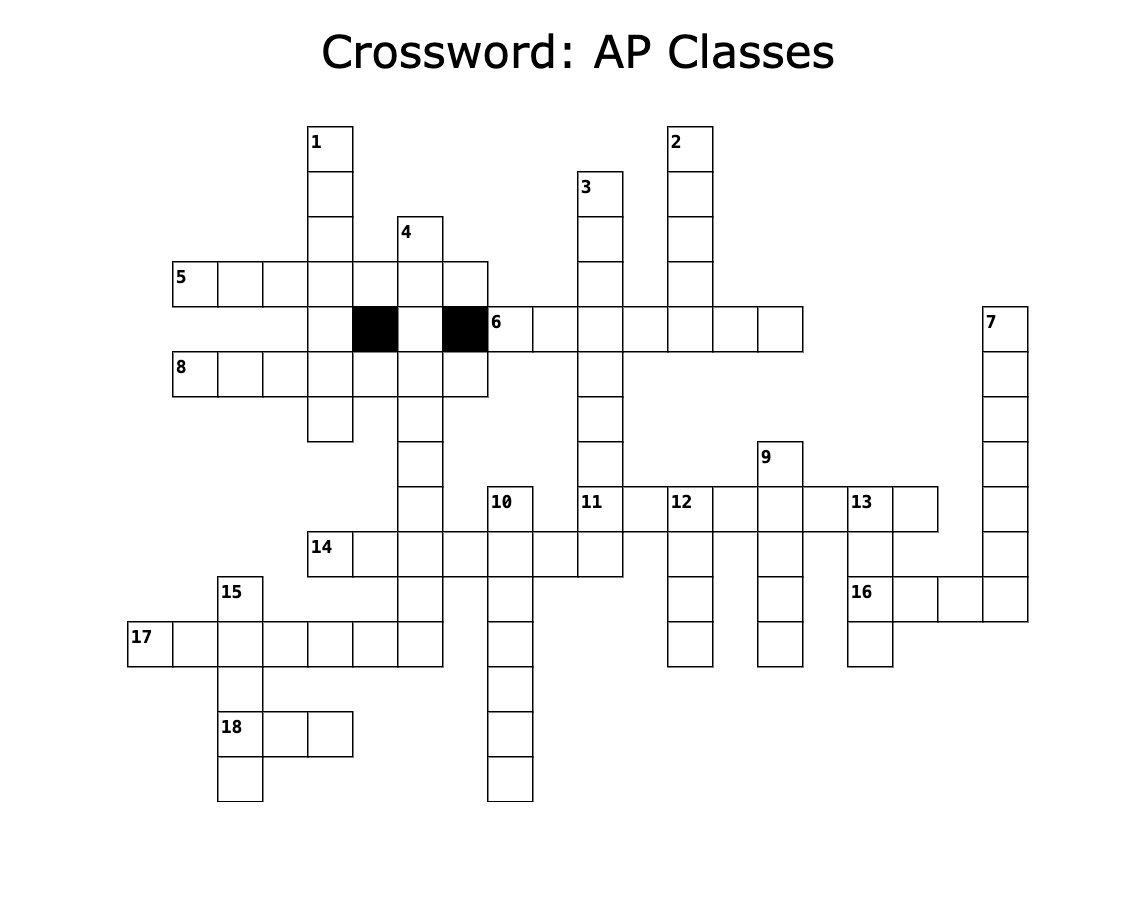


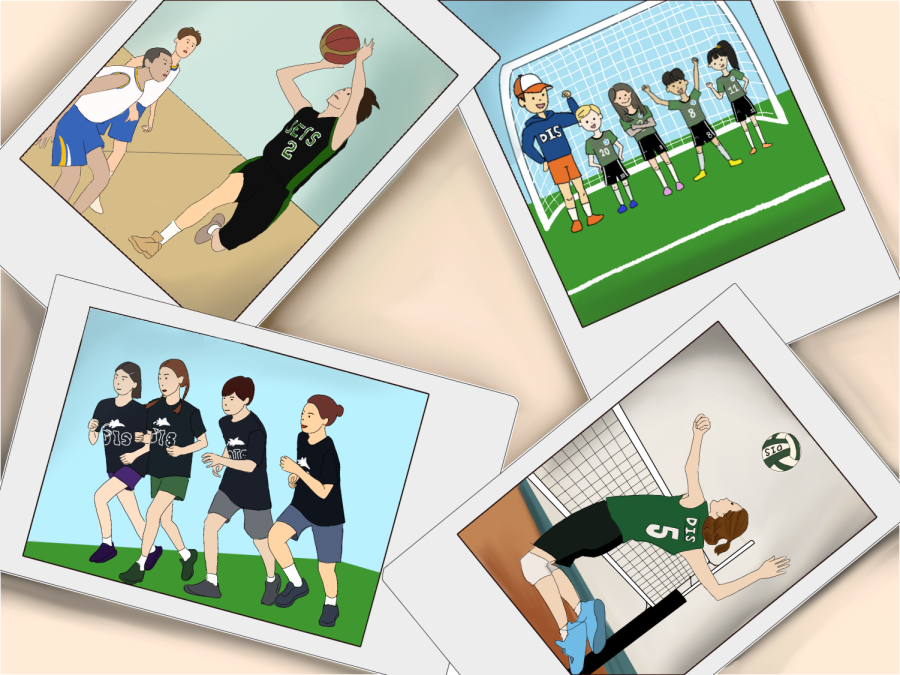
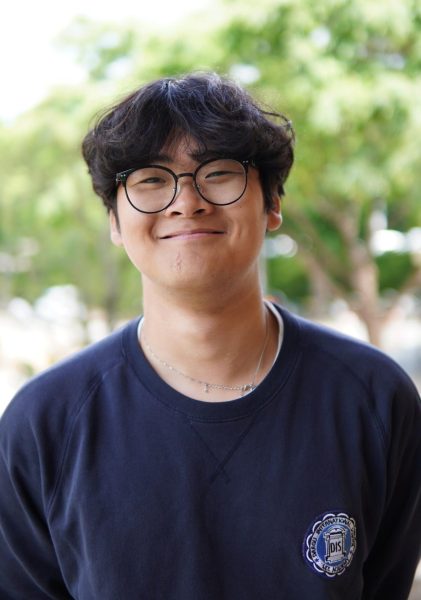
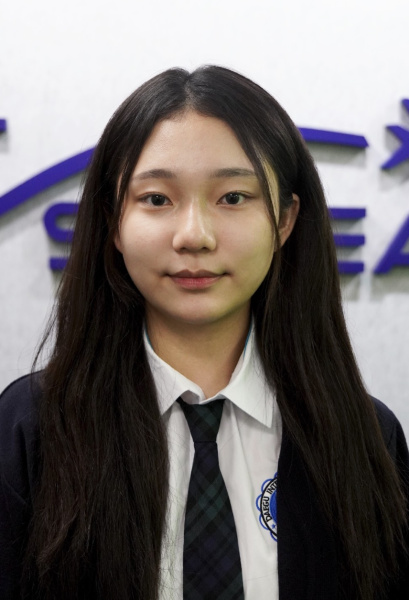



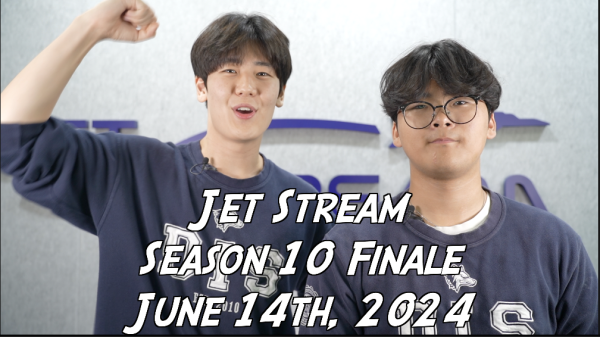
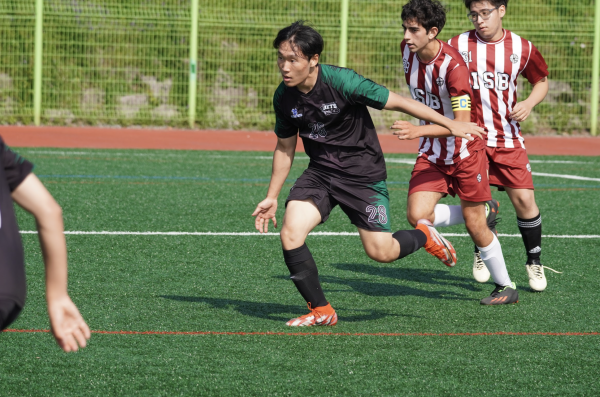
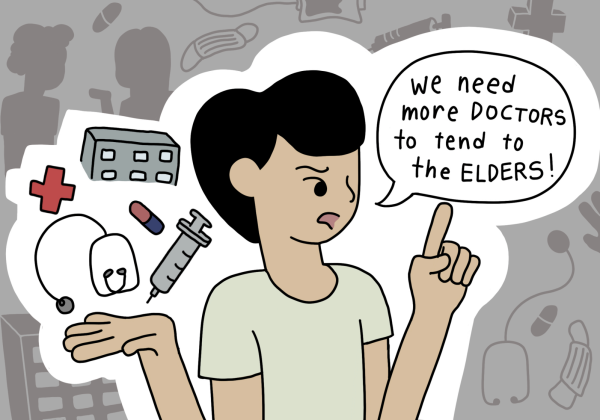
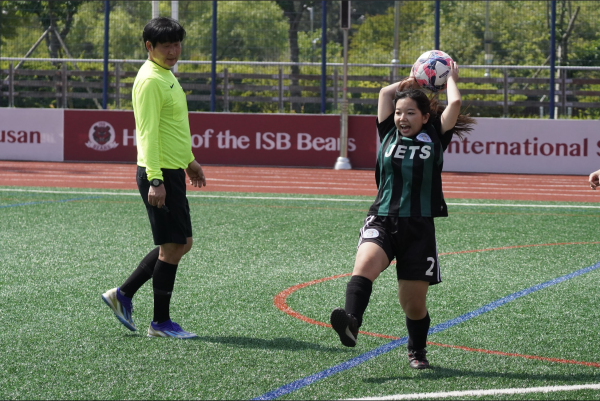
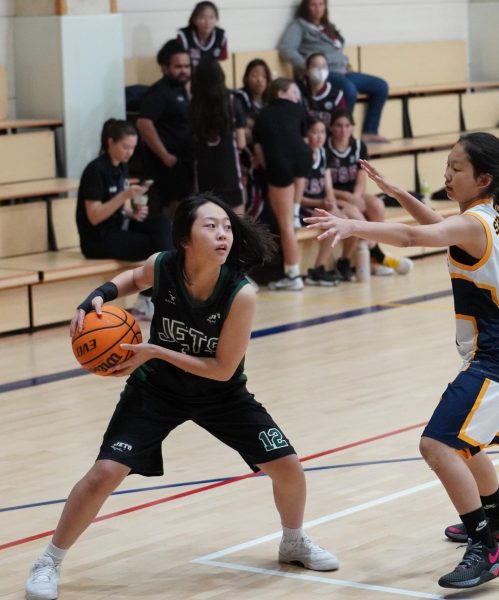

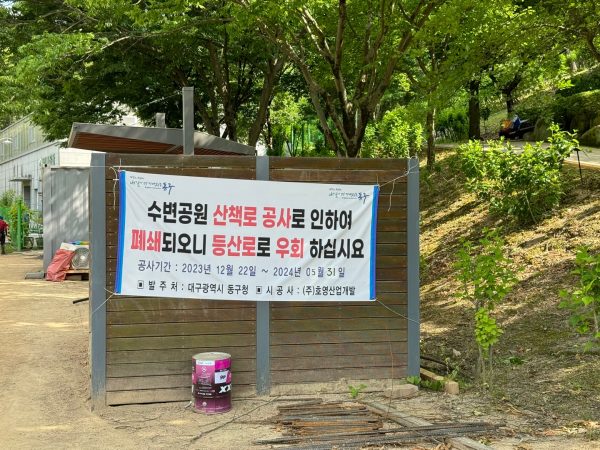
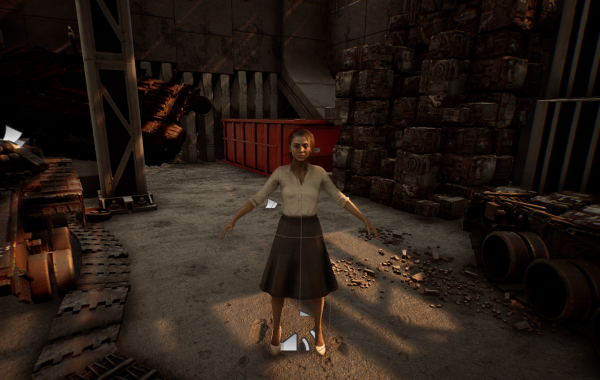




Henry • Mar 2, 2023 at 6:30 pm
Good topic! I learned how KISAC and SKAC is different.
Jacob • Mar 2, 2023 at 6:26 pm
lets go jets
Mrs. Jolly • Feb 23, 2023 at 5:05 pm
Well written article and I like the photos as well. Thanks for putting it all together!